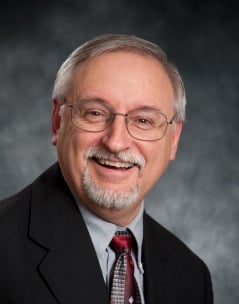 In John Walton’s (professor at Wheaton) new book, The Lost World of Genesis One: Ancient Cosmology and the Origins Debate, we have yet another proposition to discuss:
In John Walton’s (professor at Wheaton) new book, The Lost World of Genesis One: Ancient Cosmology and the Origins Debate, we have yet another proposition to discuss:
God’s roles as creator and sustainer are less different than we have thought.
Big point here. Practical deism sees creation as something God did, its laws now established to run the cosmos, and God is now done with creating. One form of his is theistic evolution and another is that God sometimes intervenes to make sure things stay on track.
Another view sees creation as ongoing, and he points to Moltmann as one theologian who adheres to this idea. Walton wonders if what happens after Genesis 1 can be called “creation.”
Walton offers a third way: “create” refers to functions and that means “create” refers more to God’s using materials to shape their direction than to God’s origination of materials. This means “creating” and “sustaining” are more connected than in other models.
In other words, the continuing work of God to maintain and sustain are different than the kind of thing God does in Days 1-6. Walton sees a God who manages (as intimate involvement) but does not micromanage. God “maintains” (materiality) and “sustains” (functionality). God’s involvement moves beyond practical deism, but the special place for creation in Genesis 1 means there is a distinct activity there.

